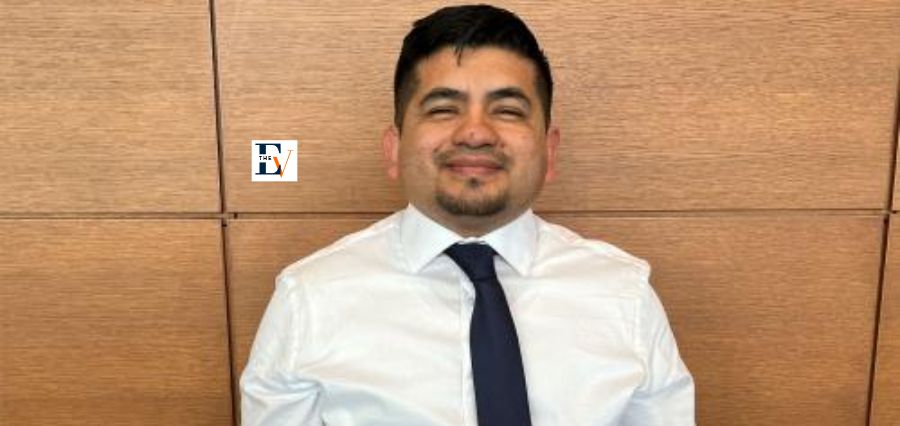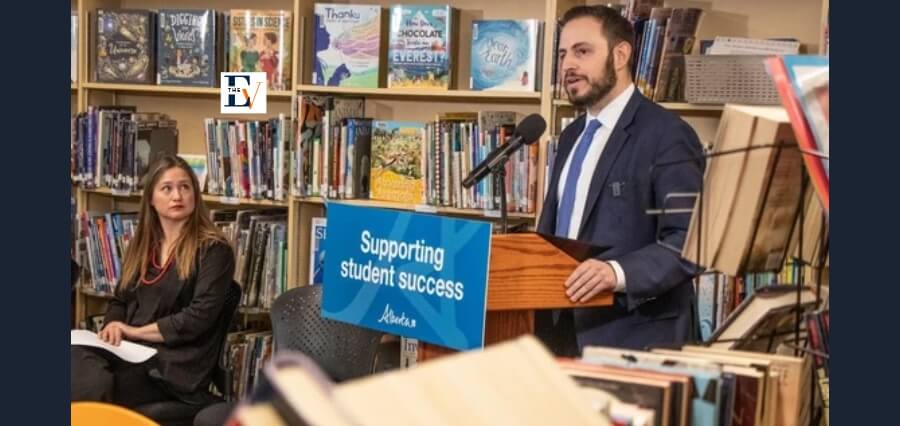Expert analysis suggests that Scotland’s school teachers should be left with crucial decisions, as “top-down” education changes have a poor track record.
The “radical vision” outlined in a recent University of Glasgow article suggests that for Scottish education reform to be successful, educators must be at the forefront of the movement.
Co-authors Professors Chris Chapman and Graham Donaldson caution that history is replete with instances of why “top-down” transformation is ineffective.
The article highlights the “somewhat disappointing impact of reform in Scotland over the last 20 years” and warns against top-down, delivery-oriented forms of change based on the history of educational innovation and transformation.
Professors Chapman and Donaldson underline that ”the more that those directly involved in schools can take key decisions about what and how our young people learn, the greater the likelihood that those decisions will meet specific needs and varying backgrounds more effectively”.
Locally Determined Instruction and Learning
They continue, saying that “ownership of learning and teaching by those directly involved in the process tends to reap greater rewards than delivery of remote, externally determined requirements.”In order to guarantee that education and learning are of the highest caliber, fulfill individual requirements, and represent the cultures, objectives, and values of the country, it is difficult to strike a balance between this ownership and the dangers of excessive variety.
The authors remind readers that in Where Next for Scottish Education: Learning is Scotland’s Future, published in March 2023, they cautioned against going back to more “long-term thinking” and instead advised against “continuing on the same path, cherry-picking seemingly attractive elements from the plethora of reviews, reports and commentaries” devoted to reform.They discover that “the jury is still out” one year later over whether Scotland is departing from piecemeal education reform.”It is now more difficult to achieve ambitious reform due to the increasingly evident financial pressures,” the study notes.
It also highlights “a number of further developments and reviews” that have occurred in the past year, including the October 2023 announcement of the proposed Center for Teaching Excellence, which “suggests a stronger policy focus on developing professional practice,” and the October 2023 release of the most recent results report from the Pisa, which “highlights the need for significant improvement in its measures of language, mathematics, and science.”In support of “an appropriate balance between those two positions,” the article cautions against taking sides in “a false dichotomy of central direction or total freedom” while arguing for school autonomy.
Professors Chapman and Donaldson further advise that access to meaningful professional learning is crucial for an education system to have a workforce of well qualified teachers, who are the most important component of the system.
“Put simply, an education system cannot outperform the quality of its teachers,” they state, adding that teachers “matter more than schools, local authorities and central government in terms of ensuring that children progress well in their learning and in reducing variations within the system”.
In short, they write: “The decisions and practices of teachers and other practitioners are the key determinants of the quality of a young person’s educational experience.”






